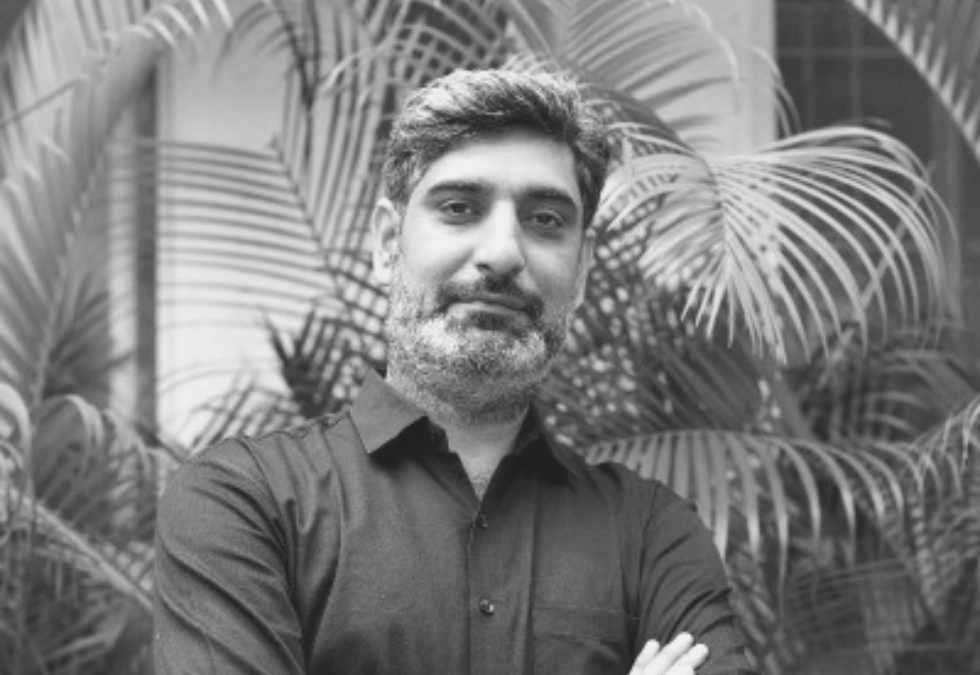Meet Ecokaari, a #StartupOfNSRCEL from the Consumer Brands Incubation Program. The word Ecokaari can be broken down into two parts – one being ‘Eco’, which comes from the term eco-friendly, and the other being ‘Kaari’ – derived from the Hindi word that means kaarigar – which means, an artisan). This name expresses the relationship between craftsmen and the vast environment that they inhabit – both of which remain interrelated and interdependent. This very-well so represents the very essence of Ecokaari – a venture that aims towards building and cultivating a sustainable way of living while trying to deliver top-notch lifestyle additions to people.
The founder, Nandan Bhatt, was born in Kashmir in 1980, his family migrated to Jammu and were forced to abandon their family business of Apple Orchids. He then moved to Mumbai and then Pune, to complete his education. With an MBA in Sales and Marketing, tied with a significant work experience across corporates including Septem, Infoway, Tata Telecom, Big Bazaar, and Sony India, Nandan decided to take the entrepreneurial plunge and set his foot into the ecosystem.
With his parents being apprehensive of his decision to start this venture, it took founder, Nandan a while to not only convince himself but his family too. Their past experiences of drifting away from their homeland were a catalyst in this situation. According to him, his Kashmiri Heritage helped him forge a closer connection with the environment. One day, he happened to come across the extensive and careless disposal of plastic bottles, wrappers, etc., by a few college students on a trek.
This was the moment that inspired Nandan to start Ecokaari. In September 2020, Ecokaari took flight with a mission in place – to conserve the environment by upcycling single-use plastics like biscuit-packet, packets of chips, gift wrappers, plastic covers, or polythene.
Along with this, Ecokaari also aimed at enhancing livelihoods for women hailing from humble backgrounds. To ensure that the initiative gained momentum, they began collaborating with various other organizations and corporates and began to collect waste and resources.
Ecokaari’s process of upcycling these scraps begins with a manual and thorough cleanse and sanitization void of any harmful chemicals. Post this, they sort out the plastics based on their colors and also various other gauge metrics, which also include a proper distinction between plastics that contains less than or more than 50 microns, to establish similar consistency of the end-product.
Once the plastic strips are rolled on the traditional Charkha, the strips are then churned and woven into a piece of fabric on the handloom. This process concludes with the design team working on the final product which is then released into the market for sale.
With demand coming in from across the country and other European and East Asian countries, Ecokaari is on a mission to innovate and bring sustainable fashion to life by bringing together the best of traditional Indian crafts with the ease and comfort of modern and planet-friendly designs.

